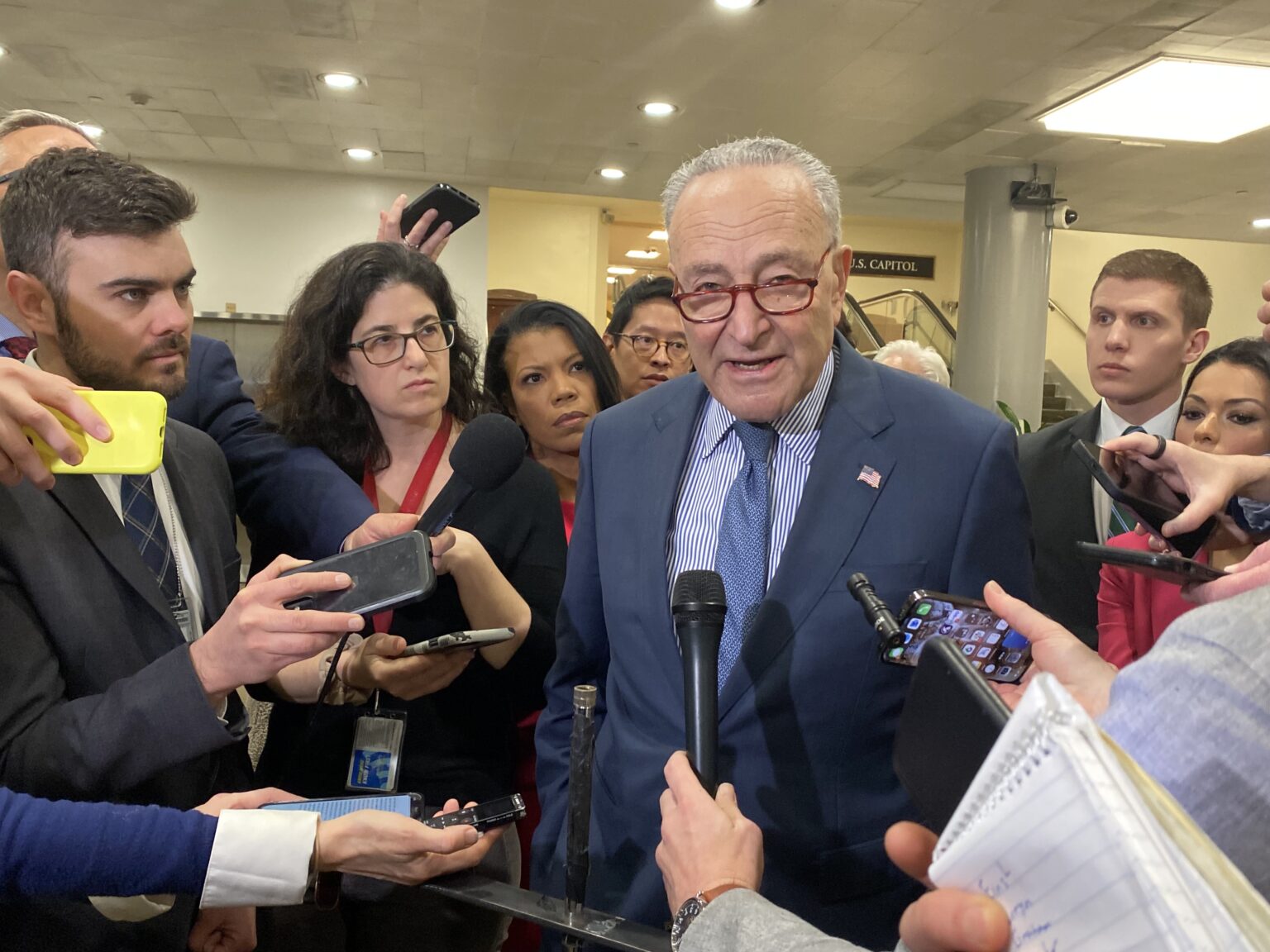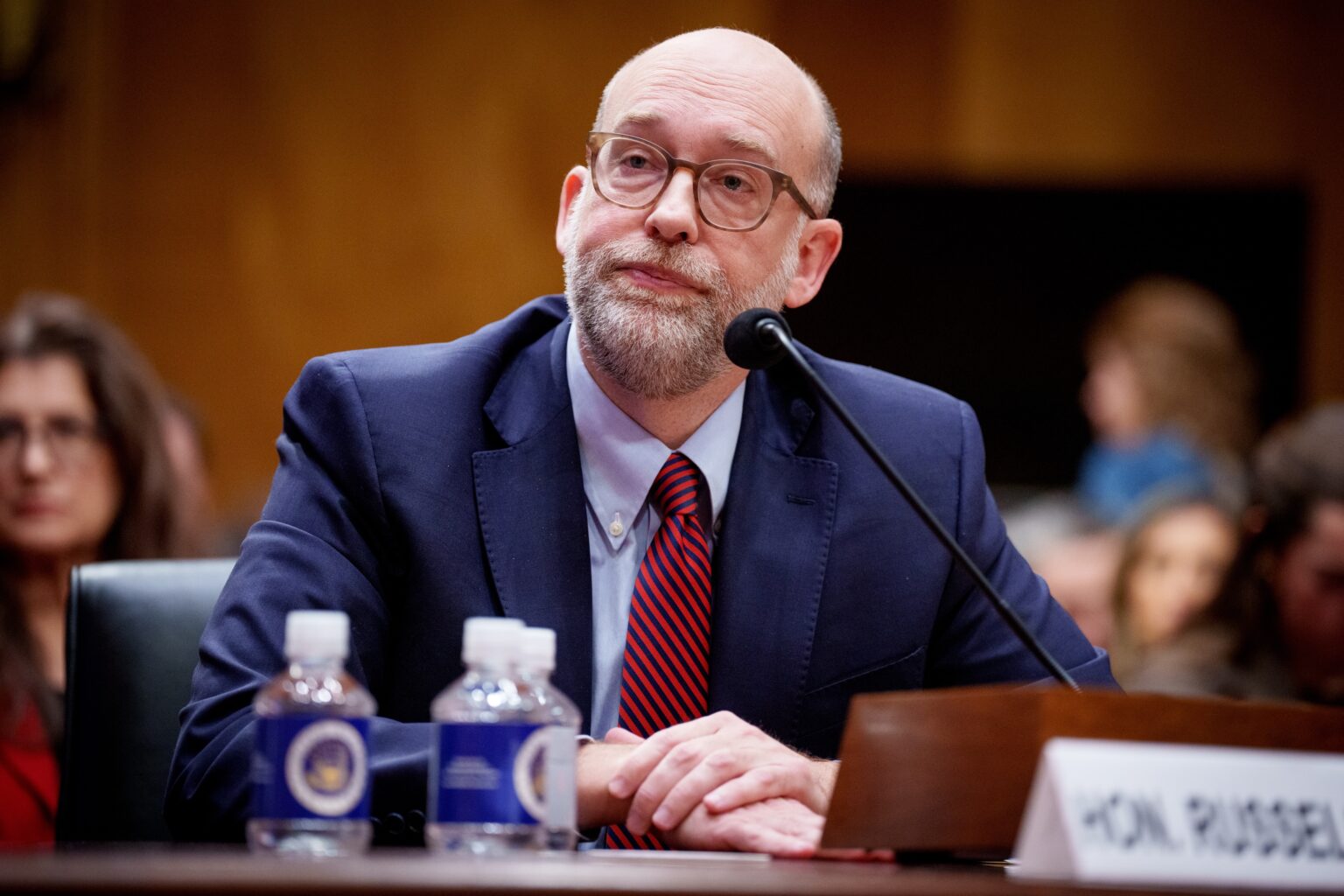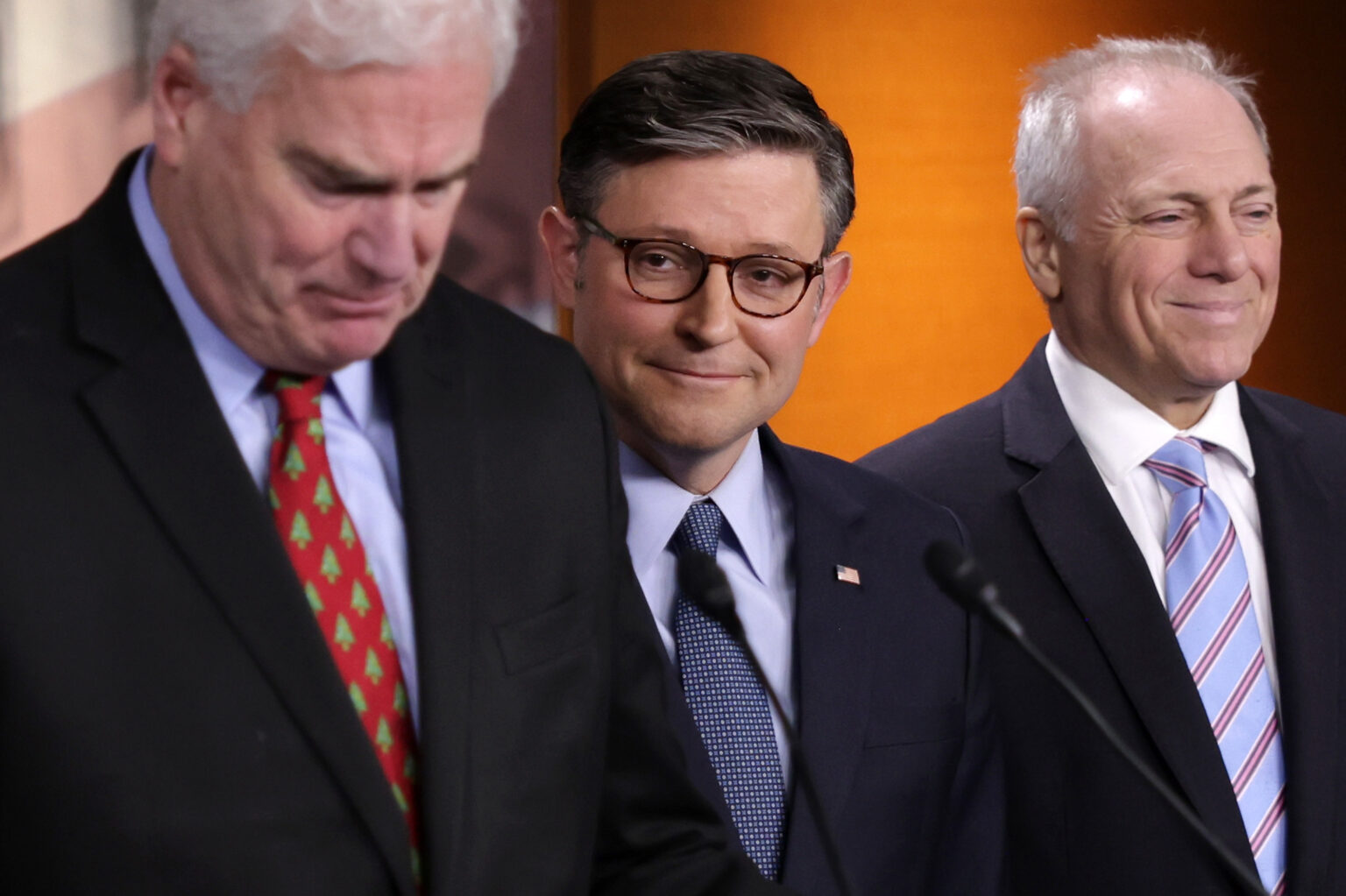WASHINGTON — On Monday, Senate Democratic Leader Chuck Schumer wrote to new Republican Leader John Thune, encouraging him to proceed with the confirmation process, which includes floor votes and committee hearings.
The letter is probably a reaction to President-elect Donald Trump’s request that Senate Republicans call a minimum 10-day recess next year so that he can make recess appointments and circumvent the Senate’s responsibility to confirm nominees. When the next Congress meets in January, Republicans will replace Democrats in the majority.
Senate Democrats are prepared and eager to collaborate with Senate Republicans in order to offer guidance and approval as we assess each of the next president’s nominations as we move forward with the 119th Congress. The one-page letter was written by Schumer. Specifically, we pledge to process each nominee in a bipartisan manner by examining the FBI’s routine background-investigation documents, setting up markups and hearings in the relevant committees, and deliberating on nominees on the Senate floor.
Though he has frequently urged Democrats not to impede the process, Thune, the GOP senators’ choice to succeed Mitch McConnell as their leader next year, has not promised to close the chamber for the necessary amount of time to enable Trump to select nominees alone.
In order for his candidates to carry out his agenda, we will ensure that we process them in a way that places them in those positions. The South Dakota Republican stated in mid-November that it is unclear how that will occur.
Naturally, we want to ensure that these nominations are reported out to the floor and that our committees do confirmation hearings as they usually do, Thune continued. However, I have stated, and I mean it, that we anticipate some degree of collaboration from the Democrats in order to work with us to install these people. Naturally, we will look into every possibility to ensure that they are moved as soon as possible.
Narrow path for nominees
GOP senators have reacted differently to Trump’s nominees; some, like Florida Sen. Marco Rubio, who is expected to become secretary of state, have been widely praised, while others have been met with ambivalence.
For instance, eight days after Trump stated that he wanted him to head the Justice Department, former Florida Representative Matt Gaetz—Trump’s original choice for attorney general—withdrew, raising broad concerns among Republican senators on claims of unlawful drug usage and sex money.
When the next session of Congress starts on January 3, Republicans will hold a 53-seat majority in the Senate. This means that any nominee can lose the support of three Republican senators and still win confirmation on a party-line vote, with Vice President-elect J.D. Vance breaking the tie.
Democrats are unlikely to back Trump’s more controversial choices, such as TV personality and former U.S. Pennsylvania Senate candidate Dr. Mehmet Oz, whom Trump claims he will appoint to head the Centers for Medicare and Medicaid Services, but they might vote for some of his nominees if they think they are qualified.
Unless the senate permits recess appointments, centrist Republicans like Lisa Murkowski of Alaska, Susan Collins of Maine, and McConnell of Kentucky could have sway over Trump’s Cabinet given the close margins.
Checks and balances
In his letter, Schumer stated that regardless of who is in the White House or which political party controls the Senate, the Senate’s responsibility in confirming candidates should be respected.
According to Schumer, the Senate is essential to our system of checks and balances because it makes sure the President picks qualified public servants who will faithfully serve the American people and uphold their constitutional oaths. The Senate has preserved this important duty for generations, regardless of party, and we should and must not stray from our constitutional obligation. As soon as the Senate and its committees are constituted in January, we hope to work with you on these initiatives.
Note: Every piece of content is rigorously reviewed by our team of experienced writers and editors to ensure its accuracy. Our writers use credible sources and adhere to strict fact-checking protocols to verify all claims and data before publication. If an error is identified, we promptly correct it and strive for transparency in all updates, feel free to reach out to us via email. We appreciate your trust and support!



